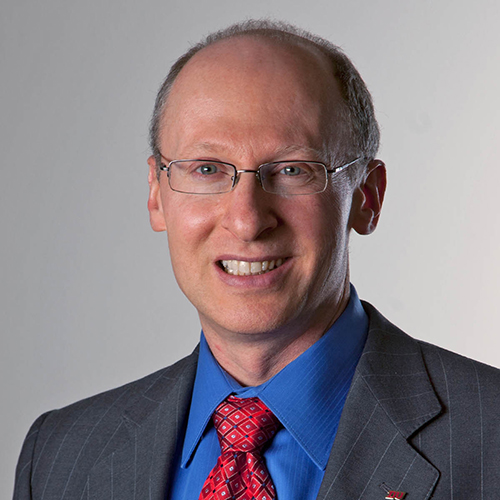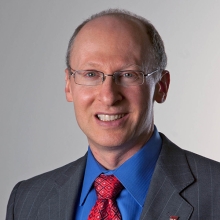Response to the David Segal article, November 19, 2011, in New York Times
As David Segal’s November 19 article accurately reflects, the legal market is changing. Clients are no longer willing to foot the bill for young lawyers’ training, and thus law firms are increasingly looking to the law schools to produce practice-ready graduates.
The good news is that there are clear solutions to the problem, and they are already in motion. A report published in 2007 by the Carnegie Foundation entitled “Educating Lawyers” identified precisely the problem described in Mr. Segal’s article and suggested that law schools should address it by developing courses that educate law students on three levels: knowledge, practice and professional identity. By providing experiential learning opportunities that combine these three values, law schools can produce practice-ready graduates, who are able to provide value to clients the day they leave law school.
“Educating Lawyers” hit a nerve and is now gaining traction at a number of law schools. We now know, based on a survey in the summer of 2011, that many law schools are taking steps to implement the recommendations of the Carnegie Report. But law schools as a group have not taken this model as far as they can – and should.
For that reason, in August of 2011, IAALS (the Institute for the Advancement of the American Legal System) launched Educating Tomorrow’s Lawyers (ETL) which takes the Carnegie model to the next level. Under the leadership of William Sullivan (the lead author of “Educating Lawyers”), Rebecca Love Kourlis (Executive Director of IAALS), and Martin Katz (Dean of the Sturm College of Law at the University of Denver), ETL is creating a platform to showcase and support law professors who are developing innovative courses using the Carnegie model of integrated teaching.
The website features courses that hit all the bases: knowledge, practical skills and professional identity – with videos, course outcomes, syllabi, and testimonials. Michael Schwartz’ first year Contracts course, featured on the site, is absolutely about Contracts – and contracts: both in theory and in practice. Roberto Corrada’s Labor Relations course allows students to unionize and negotiate with him about the terms of the course. These are just two examples of the innovative courses on the ETL site, and the list is expanding.
Twenty law schools are part of the ETL Consortium – and it is a broad and deep group. These schools are from all parts of the country and all parts of the U.S. News ranking continuum. All of them are dedicated to improving legal education along the lines of the Carnegie Report: producing graduates who are not merely ready to graduate from law school, but who are ready to provide value to clients. And the Consortium is growing. With the advent of Educating Tomorrow’s Lawyers, the movement now has a permanent home, a platform and a staff.
So, yes, there is a problem. But, there is a solution – which is gaining momentum across the country. It bodes well for the future of legal education at schools that follow this model – and for the future of the legal profession.






